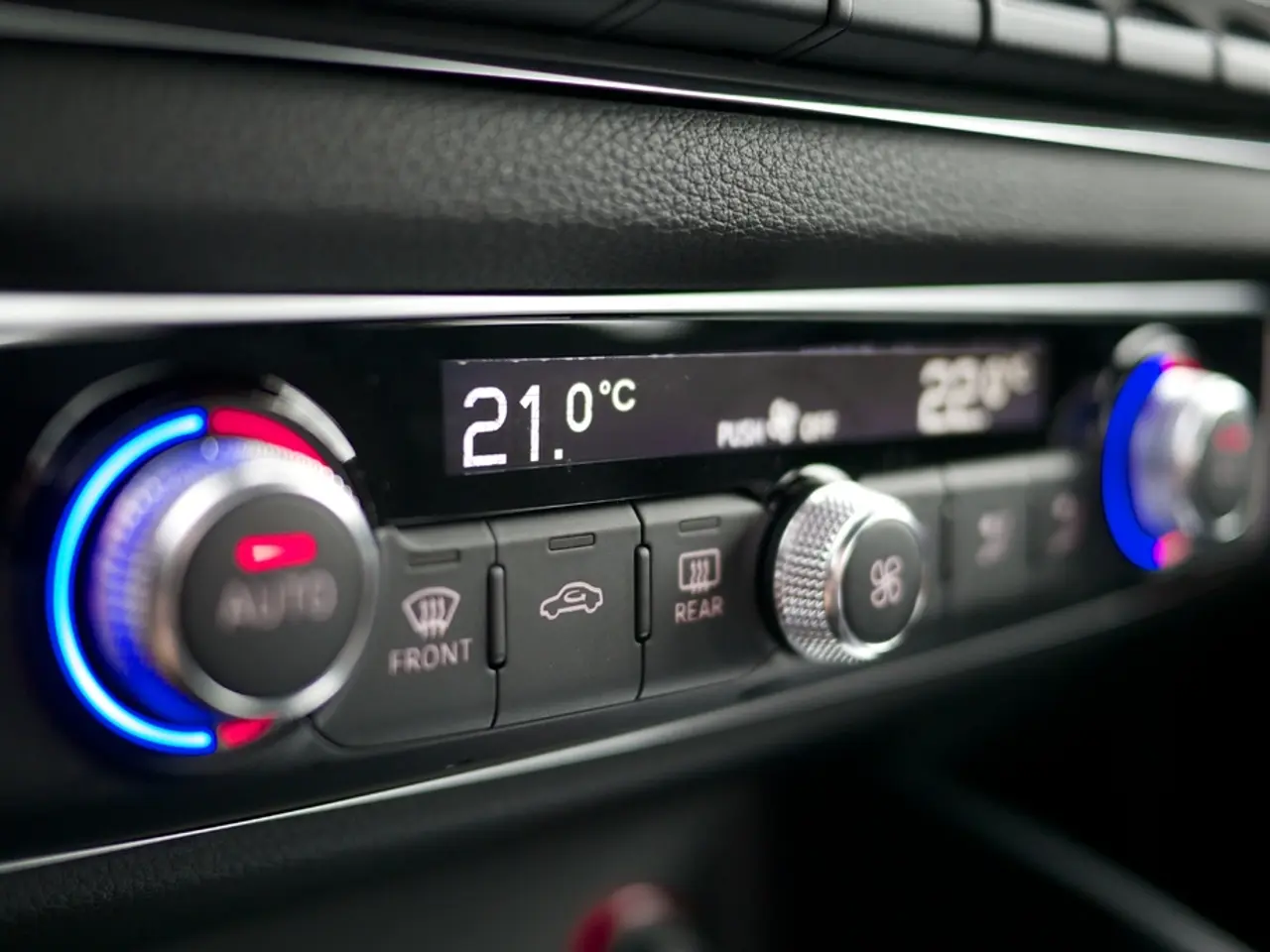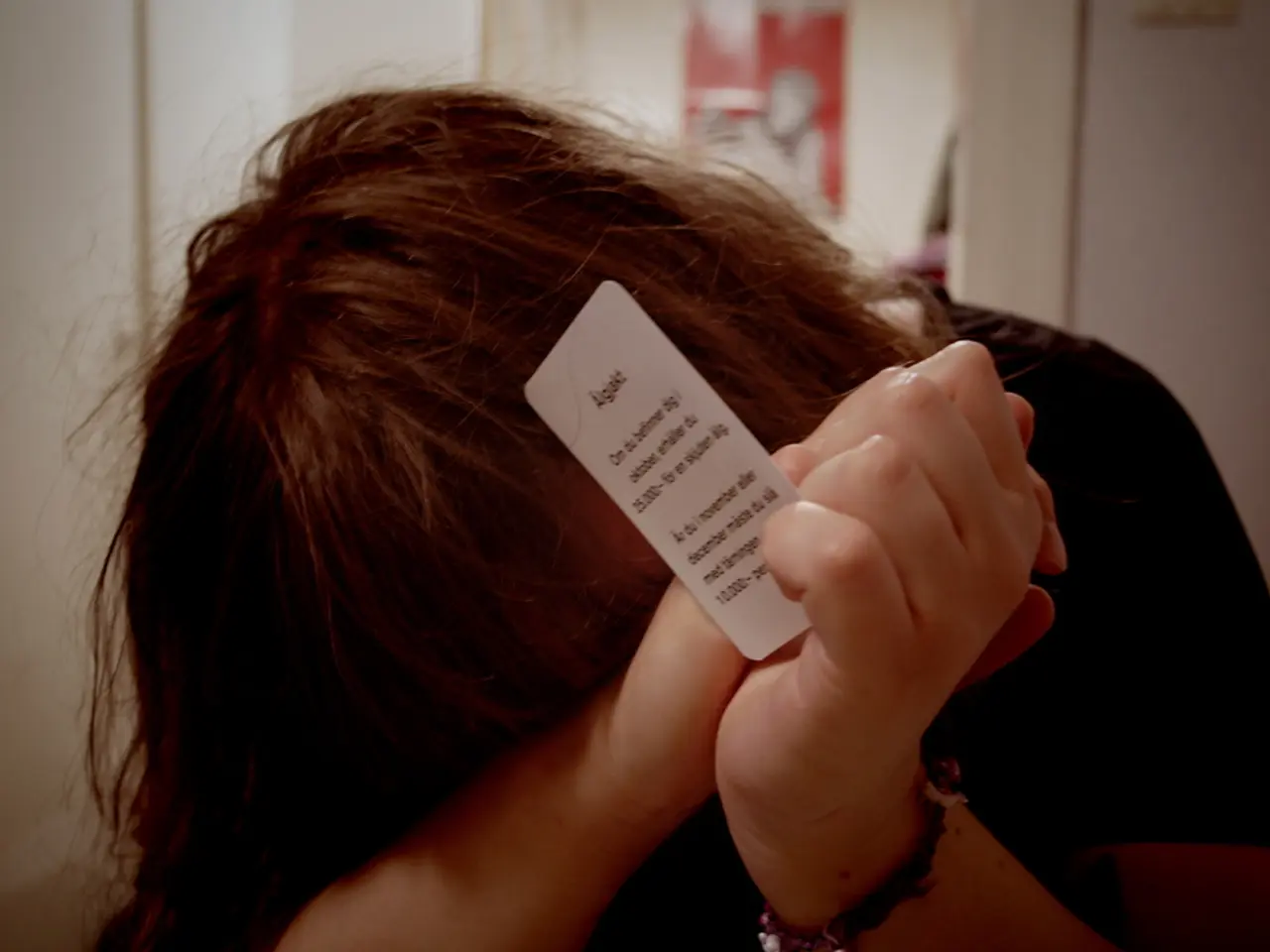Trump's Efforts to Eliminate Appliance Standards: Disorder Ensues
In the world of appliance regulations, a series of significant events has unfolded in recent times. Here's a breakdown of the key developments:
The Department of Energy (DOE) announced a review of its procedures for energy standards, leading to the termination of its contract with Guidehouse LLP in mid-2025. This decision resulted in approximately $165 million in taxpayer savings [1]. The contract cancellation marks a shift in how the DOE is managing its appliance standards programs, potentially causing disruptions or restructuring in maintaining the certification database and regulatory support functions.
Guidehouse, which had been providing technical work, including maintaining the federal certification database to prevent illegal appliance imports, has kept silent regarding the contract termination [1]. The DOE and the White House’s Department of Government Efficiency (DOGE) justified the decision as a cost-saving measure and part of a broader review to ensure more effective use of taxpayer dollars.
Meanwhile, Rinnai, a Japanese appliance company, finds itself at the centre of controversy. The company is facing a resolution in Congress to roll back new standards that would make its non-condensing tankless gas water heaters illegal. Rinnai, along with Republican attorneys general, has joined a court challenge to the energy rule [1].
The executive order on showerheads, issued by Donald Trump in 2020, seeks to revive a move by the first Trump administration: to circumvent the limits on water flow by redefining "showerheads" to include multiple nozzles. This order, among others, has been postponed by the Department of Energy, following an announcement by Energy Secretary Chris Wright [1].
It's worth noting that the administration's actions seem to benefit Rinnai, as the company has spent $375,000 on Washington lobbyists since 2023 [1]. However, three major Rinnai competitors have supported the Biden-era regulations [1].
The DOE is mandated to set rules for energy and water use by more than 70 appliances and commercial products sold in the U.S. every eight years [1]. A 2022 survey by the Consumer Federation of America found that 76% of Americans support the government setting efficiency standards for appliances [1].
In his first term, Trump attempted to undermine regulations limiting water and energy use by home appliances. The Biden administration, on the other hand, has implemented regulations that have cut America’s water and energy consumption, reduced global-warming emissions, and saved consumers money [1].
Sources: [1] ProPublica [2] ABC News [3] The Washington Post
- The future of appliance regulations may see significant changes as the termination of the DOE's contract with Guidehouse LLP and the ongoing controversy surrounding Rinnai indicate a potential restructuring in policy-and-legislation.
- Gizmodo readers may be interested to know that the tech industry, particularly appliance manufacturers, have been heavily interacting with politics, with companies such as Rinnai spending substantial amounts on Washington lobbyists.
- In the realm of general-news, the policies and decisions regarding energy and technology, such as the DOE's review of its energy standards and the ongoing debate over water heater standards, are likely to shape the future of technology and its impact on our daily lives.






